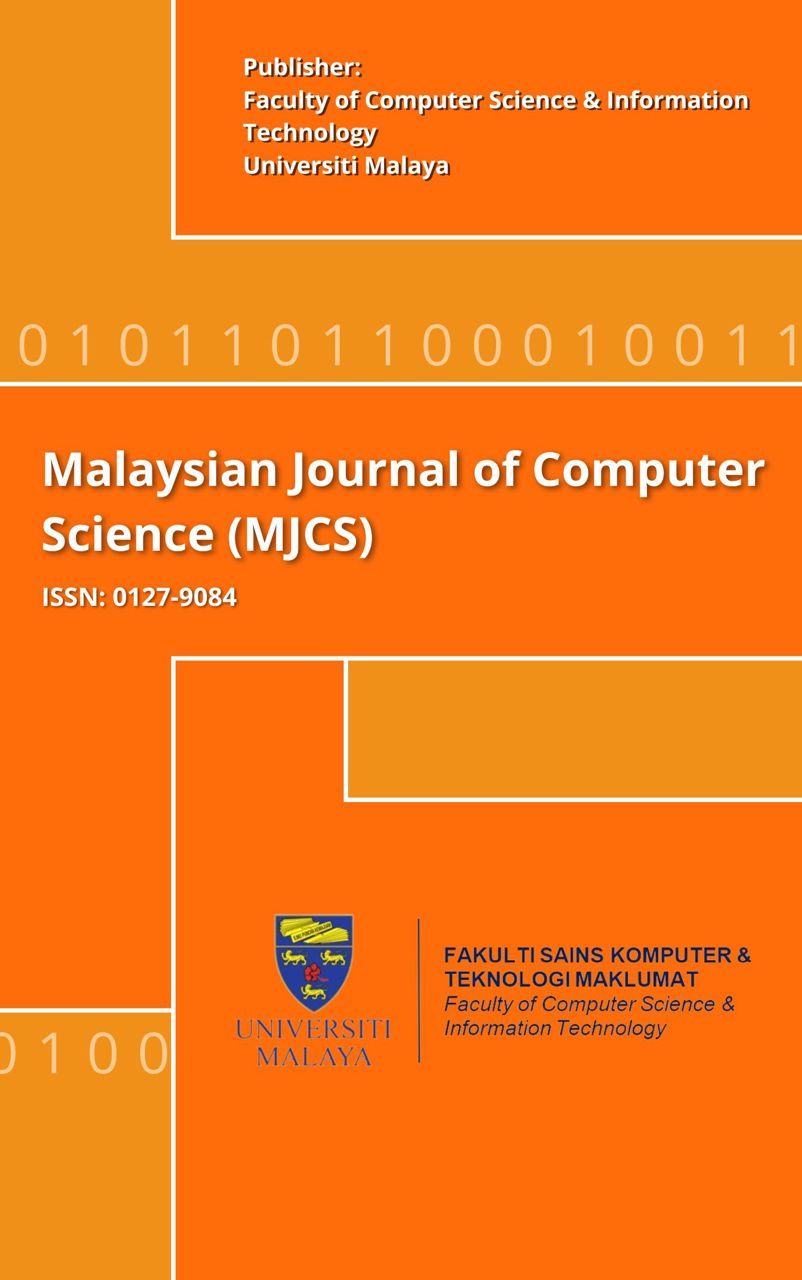Supervised Learning For Orphan Adoption Problem In Software Architecture Recovery
Main Article Content
Abstract
Maintenance of architectural documentation is a prime requirement for evolving software systems. New versions of software systems are launched after making the changes that take place in a software system over time. The orphan adoption problem, which deals with the issue of accommodation of newly introduced resources (orphan resources) in appropriate subsystems in successive versions of a software system, is a significant problem. The orphan adoption algorithm has been developed to address this problem. For evolving software systems, it would be useful to recover the architecture of subsequent versions of a software system by using existing architectural information. In this paper, we explore supervised learning techniques (classifiers) for recovering the architecture of subsequent versions of a software system by taking benefit of existing architectural information. We use three classifiers, i.e., Bayesian classifier, k-Nearest Neighbor classifier and Neural Network for orphan adoption. We conduct experiments to compare the performance of the classifiers using various dependencies between entities in a software system. Our experiments highlight correspondence between the orphan adoption algorithm and the classifiers, and also reveal their strengths and weaknesses. To combine strengths of individual classifiers, we propose using a multiclassifier approach in which classifiers work cooperatively to improve classification accuracy. Experiments show that there is significant improvement in results when our proposed multiclassifier approach is used.
